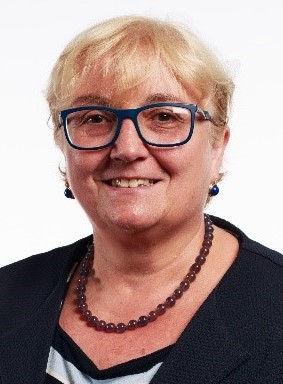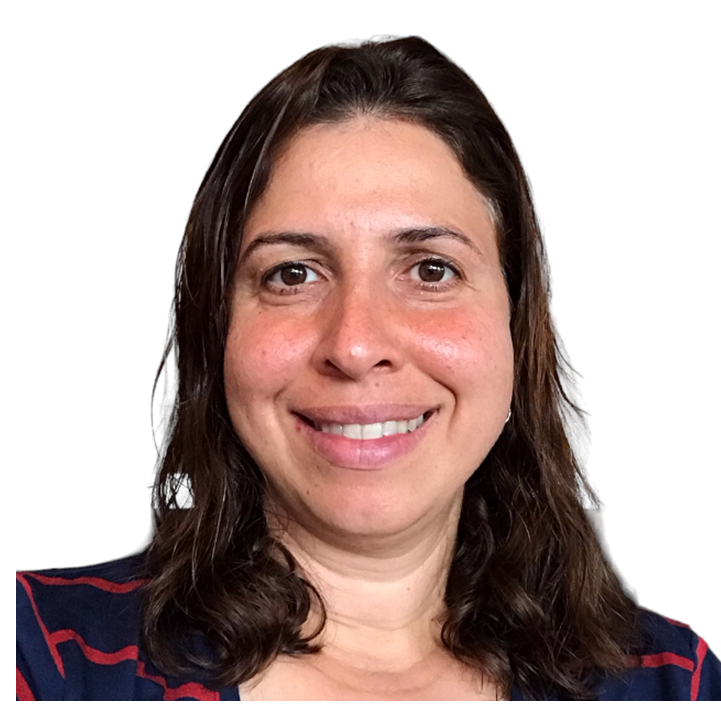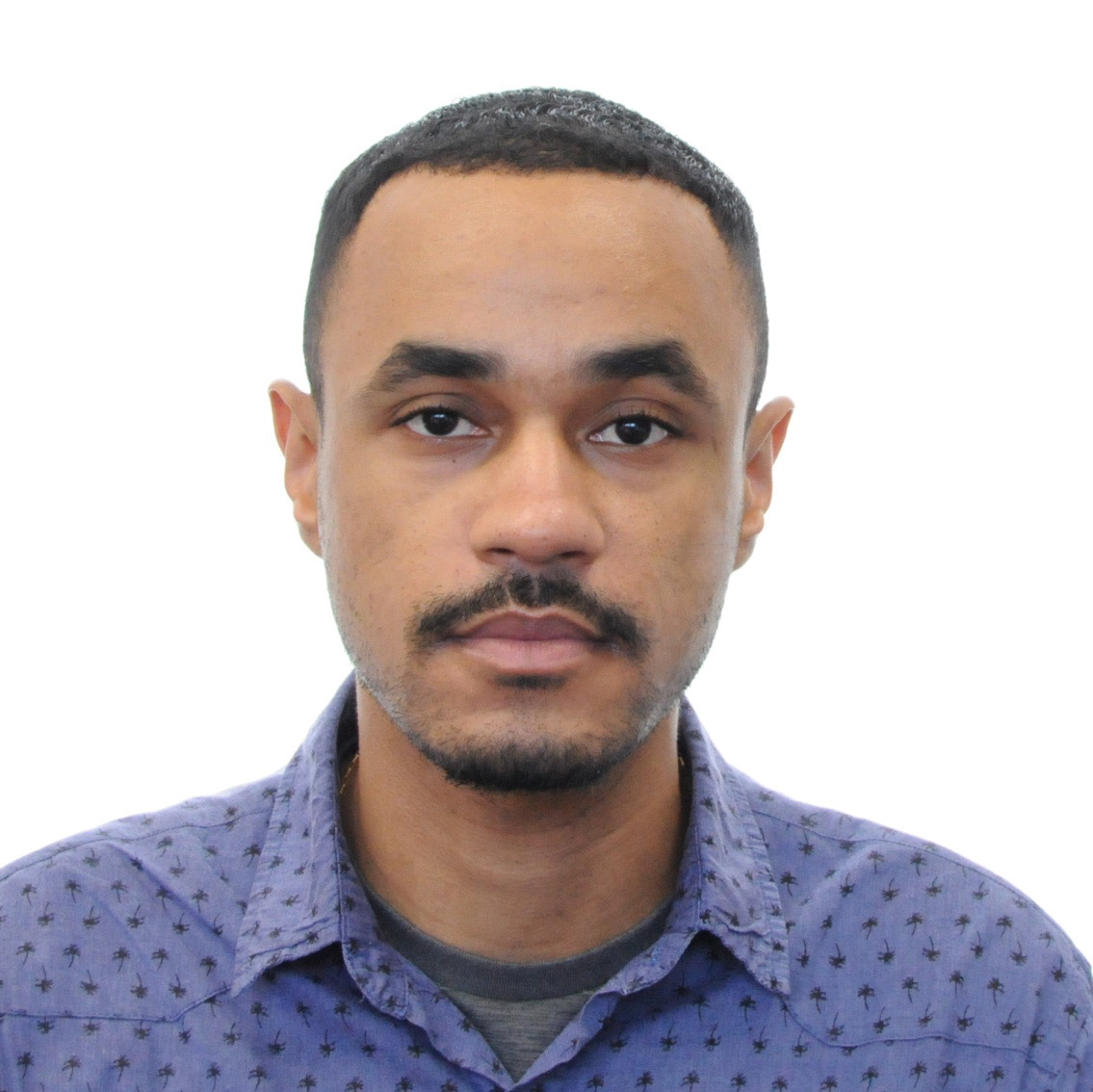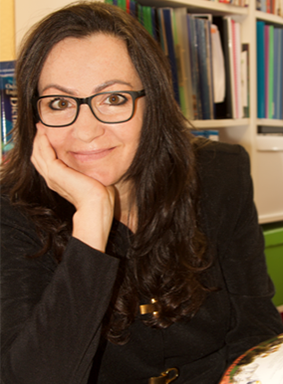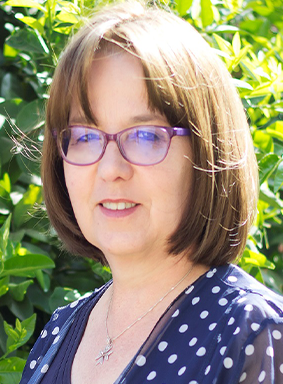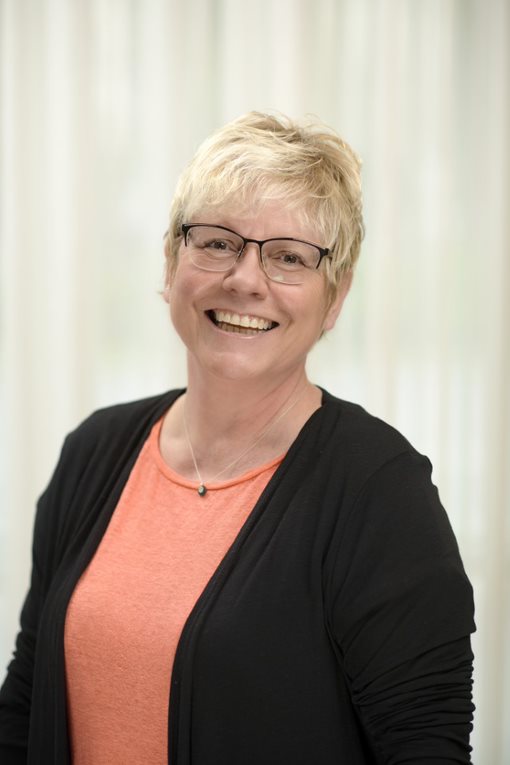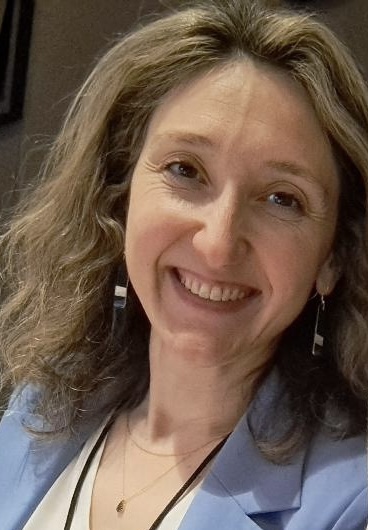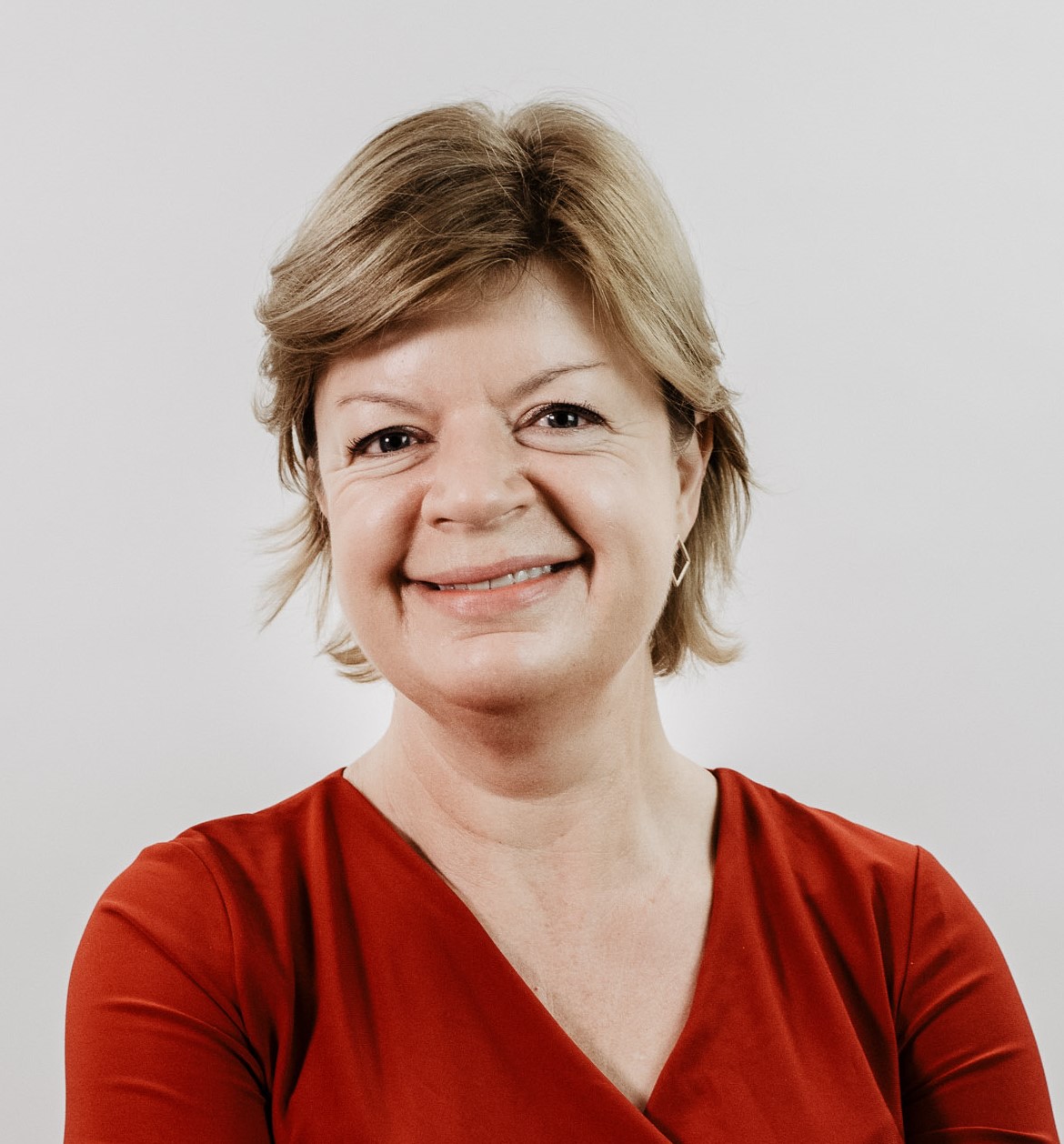We warmly welcome you to attend the BAAL / Cambridge University Press seminar 2023-2024 Virtual Exchange as an EDI-compliant approach to language education: a Global South-North research-informed seminar that will be delivered in hybrid mode (on site and online) at Coventry University (UK) on Friday 14th June, 10.15 am-5.30 pm. This research seminar will also offer the opportunity to practise and reflect on Virtual Exchange during a live ‘VE mock’ session.
Date: 14 June 2024
Time: 10.15 am – 5.30 pm
Place: Coventry University, Room TBC after registration, or online (hybrid delivery), Zoom link TBC after registration
The event is free and open to all, however priority will be given to those with BAAL membership.
Catering will be free, courtesy of the sponsors.
Please register by 3rd June 2024 at 5pm UK time at the following link:
https://app.onlinesurveys.jisc.ac.uk/s/coventry/baal-cup-seminar-enrolment-14-june-2024
Programme
(information on all speakers provided at the end of the webpage)
10.15 – 10.25 Arrival, Coffee/Tea and registration (in person attendees only)
10.25 – 10.30 Introduction to the seminar and housekeeping (all attendees from now on apart from breaks)
Prof Marina Orsini-Jones (Coventry University, UK)
***
10.30 – 10.40 “Introduction to BAAL and the BAAL-Cambridge University Press seminar series 2023-2024”.
Prof Rachel Wicaksono (BAAL Executive Member)
***
10.50-12.00 Talk 1 (40 mins) + VE knowledge-sharing workshop 1 (40 mins)
Dr Mirjam Hauck (Open University, UK): EDI and social justice, language education for Critical Global Citizenship post-pandemic and beyond through VE
***
12.05 – 13.05 Talk 2 (30 minutes) + knowledge-sharing workshop (30 minutes)
Dr Müge Satar (Newcastle University, UK): An inclusive and multiliteracies-informed Virtual Exchange pedagogy through digital cultural artefacts
***
13.05 – 13.45 Lunch Break and networking
***
13.50 – 15.00
Mr Carlos Alberto Hildeblando Júnior (Universidade Federal do Espírito Santo, Brazil): Practising VE ‘in action’ with VETSDELT (Virtual Exchange as a Third Space to Decolonise ELT) – Topic: Native-speakerism
A taste of action-research-informed VE – VE interactive activity ‘in action’ (all participants online and on-site, ‘in action’ reflection on nativespeakerism) + ‘on action’ reflection on Padlet wall on how it felt to engage in VE live practice
***
15.05 -15.45 Talk 3 (20 minutes) + discussion (20 minutes)
Dr Ana Cristina Biondo Salomão (Universidade Estadual Paulista, Brazil): Global-South/North perspectives on VE pedagogical models
***
15.50 -16.05 Coffee break
***
16.10 – 16.50 Talk 4 (30 mins) + discussion (10 mins)
Dr Kyria Finardi (Universidade Federal do Espírito Santo, Brazil): Post-pandemic Virtual Exchange as a Third Space for English Teacher Education: Reflections on South-North technology-supported encounters and challenges
16.55 – 17.30 Roundtable reflections and close – Facilitators: Prof Marina Orsini-Jones and Dr Lynette Jacobs (University of the Free State, South Africa) Virtual Exchange as an EDI-compliant approach to language education? (all speakers and audience)
Research Seminar Objectives
This seminar aims to support knowledge-sharing of theory and research-informed practice about the relatively novel integration of Virtual Exchange (VE) in the language learning and teaching Higher Education curriculum. O’Dowd (2018, p.1) defines VE as ‘the engagement of groups of learners in online intercultural interactions and collaboration projects with partners from other cultural contexts or geographical locations as an integrated part of their educational programmes’. The objectives of the seminar are to:
1. Introduce participants to innovative student-centred decolonised and inclusive approaches to VE curricular integration in language education;
2. Foster a discussion on how to facilitate a critical approach to the theorisation of VE bringing in different voices from the Global South and the Global North from both language specialists (Satar, Hauck, Finardi, Salomão & Hildeblando Júnior) and from a VE expert in another discipline (Jacobs);
3. Invite participants to practise the design of their own VE curricular intervention and/or share their existing VE projects;
4. Foster a reflection on how VE can support the development of EDI-informed curricular interventions;
5. Knowledge-share on how the UN Sustainable Development Goals can be integrated in VE-supported language education.
Background/further information
As discussed by Hauck (2019 and 2023), Virtual Exchange (VE) combines the deep impact of intercultural dialogue with the broad reach of digital technology (EVOLVE Project Team, 2019). It is a research-informed practice and a strong catalyst in advancing the internationalisation of HE curricula, known as internationalisation at home (IaH) (Beelen & Jones, 2015; O’Dowd & Beelen, 2021). VE is emerging as an innovative approach to the development of valuable 21st century competences for language learners, language teachers and trainers, such as Intercultural Communicative Competence (ICC, Byram, 1997); critical digital literacy (Hauck, 2019 and 2023) and cyberpragmatics (Di Sarno-García, 2022). VE originates in the field of language learning and teaching and other terms are still used to define it in language education (e.g. telecollaboration, teletandem), but unlike these other terms, VE has now been adopted by disciplines other than language studies, because of the Equity, Diversity and Inclusion-centred way in which it can support the Internationalisation of the Curriculum (IoC) through IaH. VE differentiates itself from other types of online learning because of, as stressed by O’Dowd (2022, p. 13), these key characteristics: it involves 1) technology-based interaction; 2) engagement with members of other cultures/countries; 3) integration into curriculum; 4) facilitation and support by educators or experts; 5) a strong (but not exclusive) focus on the development of soft skills and intercultural competence; 6) a student-centred, collaborative approach to learning. As a result of the advancements in synchronous videoconferencing technology triggered by the COVID 19 pandemic, VE offers a novel and dynamic knowledge-sharing space, a transformational Third Space (Wimpenny et al. 2022), supporting the cross-disciplinary development of intercultural competence across shared multicultural and multilingual learning environments using Internet-based tools and online pedagogies. While a key element of VE is the intentional development of intercultural communicative competence, other benefits include the development of digital and critical literacies necessary to live and work in a multicultural and interconnected world (Hauck, 2019).
Often however, VE pedagogical models come from the Global North (e.g O’Dowd – EU -, The Stevens Initiative – USA), this seminar aims at facilitating a Global-South/North dialogue to collaboratively explore how to approach VE from a decolonial perspective (Stein & Andreotti, 2021), through the discussion of decolonial VE case-studies (e.g. Hildeblando-Júnior, 2023) and providing examples of research-informed South-North VE curricular implementations and critical VE theorisation and practice.
References
Beelen, J., & Jones, E. (2015). Redefining internationalization at home. In The European higher education area (pp. 59-72). Springer.
Byram, M. (1997). Teaching and Assessing Intercultural Communicative Competence. Multilingual Matters.
Di Sarno-García, S. (2022). Does participating in a telecollaborative project foster the acquisition of apologies? Insights from the English for specific purposes context. In B. Arnbjörnsdóttir, B. Bédi, L. Bradley, K. Friðriksdóttir, H. Garðarsdóttir, S. Thouësny, & M. J. Whelpton (Eds), Intelligent CALL, granular systems, and learner data: short papers from EUROCALL 2022 (pp. 95-100). Research-publishing.net. https://doi.org/10.14705/rpnet.2022.61.1441
EVOLVE Project Team. (2019). The impact of virtual exchange on student learning in higher education: EVOLVE Project Report. http://hdl.handle.net/11370/d69d9923-8a9c-4b37-91c6-326ebbd14f17Executive
Hauck, M. (2019). Virtual exchange for (critical) digital literacy skills development. European Journal of Language Policy, 11(2), 187–210.
Hauck, M. (2023) From Virtual Exchange to Critical Virtual Exchange and Critical Internationalization at Home, Diversity Abroad. Available at: https://www.diversityabroad.org/DIVaPublic/GIE-Archives/GIE-Sp2023/GIE-Sp23-Article-1.aspx
Hildeblando Júnior, C.A. (2023) Virtual Exchange as a Third Space to Decolonise ELT (VETSDELT) project: report on its first action-research cycle. In M. Orsini-Jones, C. A. Hildeblando Juniór, S., Di Sarno García, A., Cerveró-Carrascosa, & A. Aşik,. (Eds. 2023), Discussing Global Citizenship through Collaborative Online International Learning – Virtual Exchange in Language Learning and Teaching – Symposium Proceedings for the ‘Developing Global Competences in Language Learning and Teaching’ Symposium held at Coventry University in hybrid mode, November 2022. Coventry University https://pure.coventry.ac.uk/ws/portalfiles/portal/78493516/Hildeblando_Junior.pdf
O’Dowd, R. (2018). From telecollaboration to virtual exchange: state-of-the-art and the role of UNICollaboration in moving forward. Journal of Virtual Exchange, 1, 1-23. https://doi.org/10.14705/rpnet.2018.jve.1
O’Dowd, R. (2022). Internationalising Higher Education and the Role of Virtual Exchange. Routledge. doi:10.4324/9781315393704
O’Dowd, R., & Beelen, J. (2021) Virtual exchange and internationalisation at home: Navigating the terminology. https://www.eaie.org/blog/virtual-exchange-iah-terminology.html.
Stein, S., & Andreotti, V. (2021). Global citizenship otherwise. In E. Bosio (Ed.), Conversations on global citizenship education: Research, teaching and learning (pp. 13–36). Routledge
Wimpenny, K., Finardi, K., Orsini-Jones, M., & Jacobs, L. (2022). Knowing, Being, Relating and Expressing through Third Space Global South-North COIL: Digital Inclusion and Equity in International Higher Education. Journal of Studies in International Education, 26 (2), 279-296 https://journals.sagepub.com/doi/10.1177/10283153221094085



